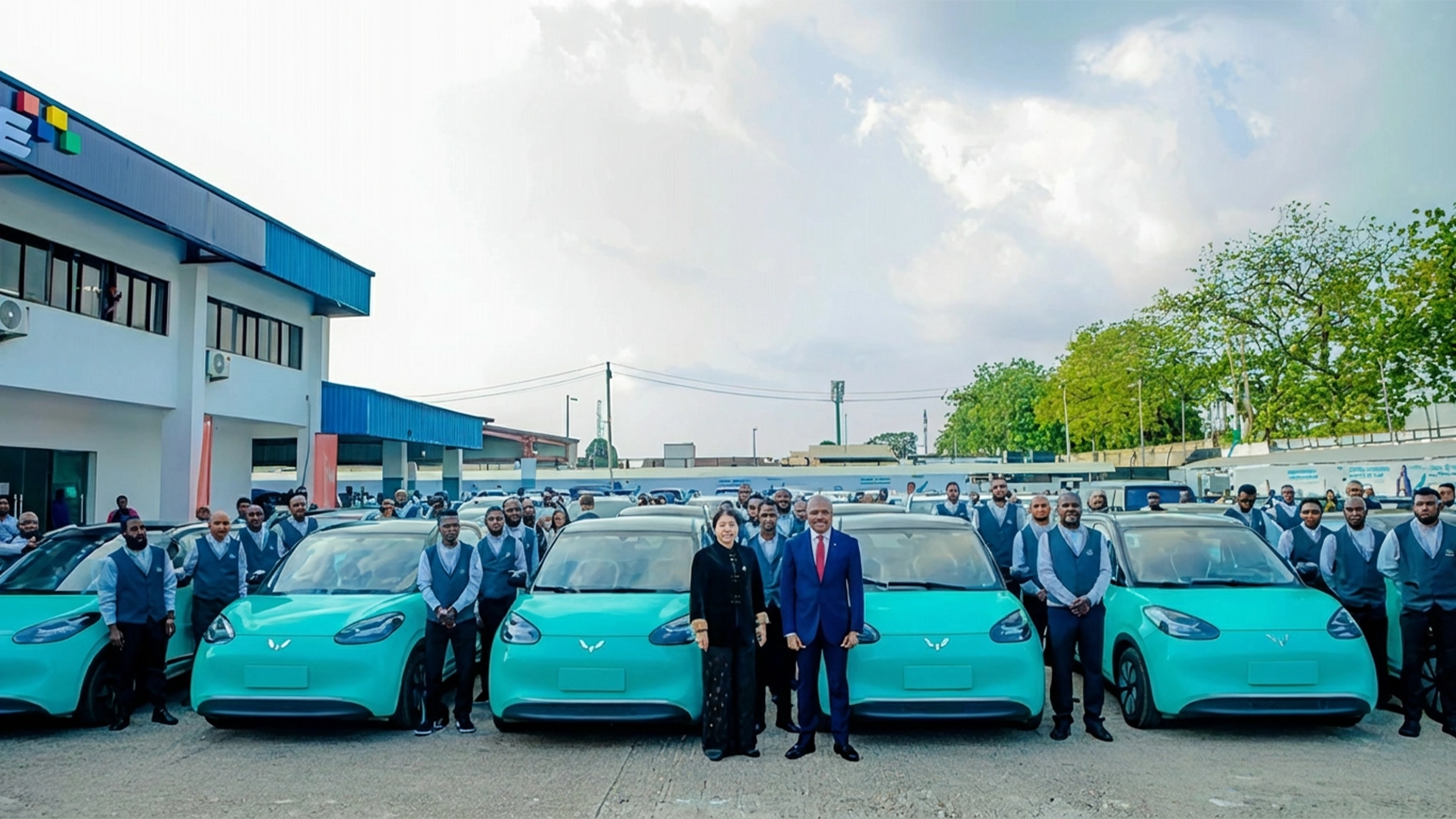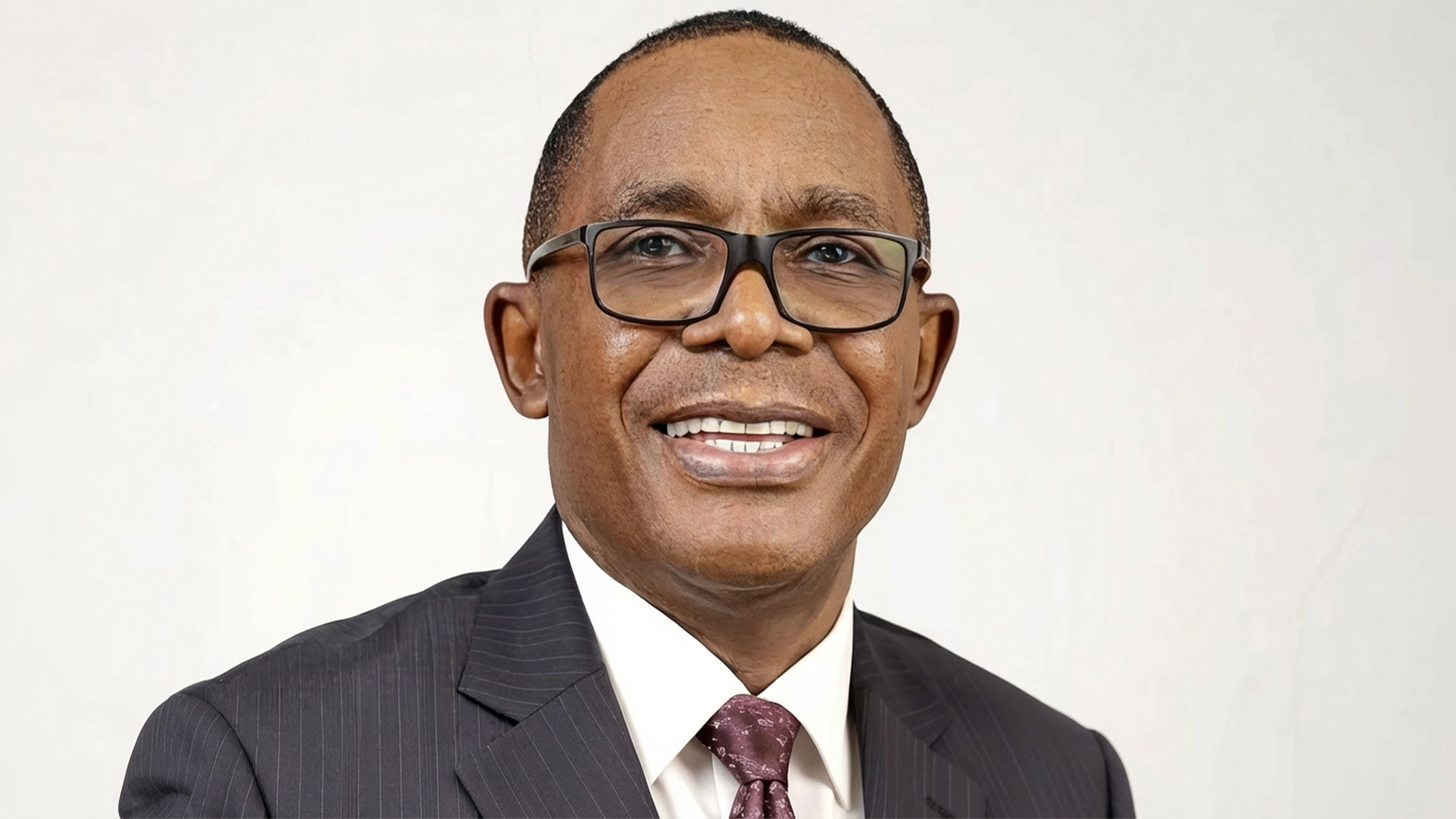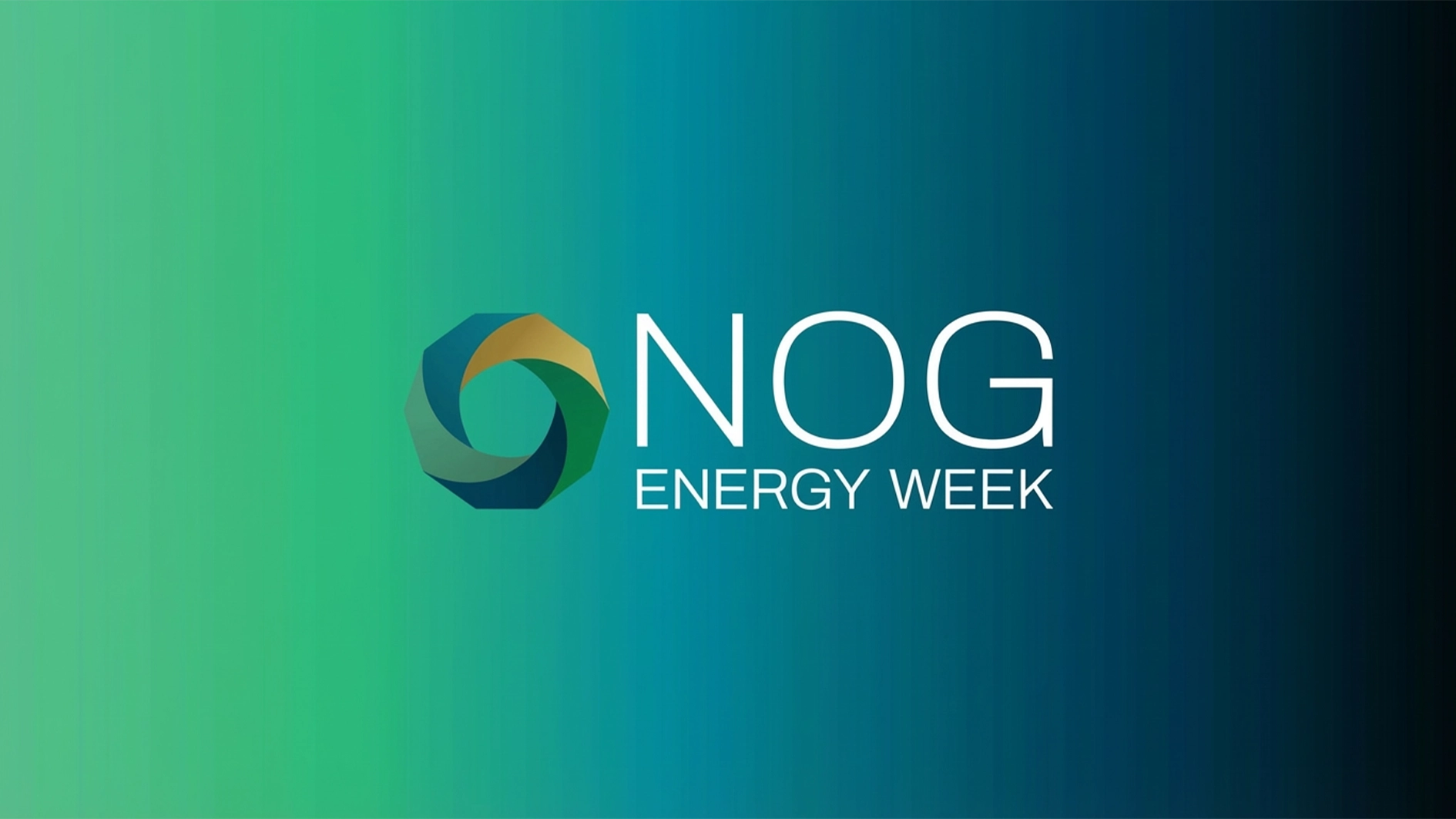• DisCo decry import duty on meter
Federal Government’s continuous subsidy for electricity consumption in Nigeria is unsustainable, Managing Director, Abuja Electricity Distribution Company (AEDC), Ernest Mupwaya, has said.
Despite privatisation, the government has reportedly spent N1.7trillion on electricity in the last three years, while power generation companies (GenCos), in five years, lost a whopping N1.2trillion to poor capacity utilisation.
This is compounded by the country’s inability to transport over 21,184.62 megawatts of electricity to end-users, as over N4trillion illiquidity pushed the sector to the brink of bankruptcy.
Noting that without an increase in electricity tariff, the subsidy would continue, Mupwaya, who spoke at a forum, Tuesday, in Abuja, said Government support on tariff could reduce inefficiencies from 54 to 29 per cent.
Amidst consideration to borrow additional $3billion to finance power sector, reports that government is considering handing the distribution section of the market to a German firm, Siemens, last week, provoked criticisms.
Although the Minister of Power, Sale Mamman, said no proposal has been made by the Federal Government to handover the Distribution Companies across the country to the firm.
In the event of tariff increase, he noted that electricity consumers in its franchise area must brace up for an increase of an average 35 per cent.
Insisting that the sector would have improved significantly if the right tariff was in place, Mupwaya said an import duty of 45 per cent currently on meter is a threat to the metering of consumers.
Reacting to the order released on Monday, by Nigerian Electricity Regulatory Commission (NERC), mandating capping of estimated billing of consumer, Mupwaya said while this would have grave implications for DisCos, AEDC is weighing the options in the sector.
To address the challenges of estimated billing and scale-up meter roll-out, NERC had directed all Distribution Companies (DisCos) operating in Nigeria to charge the only N200 to N1,872 per month for customers under the residential and commercial category that the utility companies failed to meter.
Mupwaya said while Aggregate, Technical and Commercial (AT & C) loses in the sector at take over during privatisation was over 50 per cent, the utility company has reduced losses to about 37 per cent.
He said improving the power sector was much more important than the gain government would immediately get from the import duty placed on meters. He argued that since local manufacturers are not able to immediately meet demand, the government should develop a policy that would increase the import duty gradually to enable DisCos to bridge the gap in metering.
According to him, the utility companies in the sector do not have control over the quality of power and price, adding that although the sector was privatised, it is 100 per cent regulated.
Mupwaya said if the sector must be efficient, there was a need to eliminate inherent flaws as well as matching tariffs with service delivery.
He disclosed that DisCos only keep 25 per cent of collected revenue, and while tariff to Nigerian Bulk Electricity Trading (NBET) has grown by 134 per cent, the DisCos’ has seen only 16 per cent increase.
Mupwaya decried the un-bankability of the sector due to inherent challenges, as current balance sheet of the industry cannot woo investors, noting that DisCos are not benefiting from estimated bills, and as such difficult to reduce losses in areas where there are no meters.






